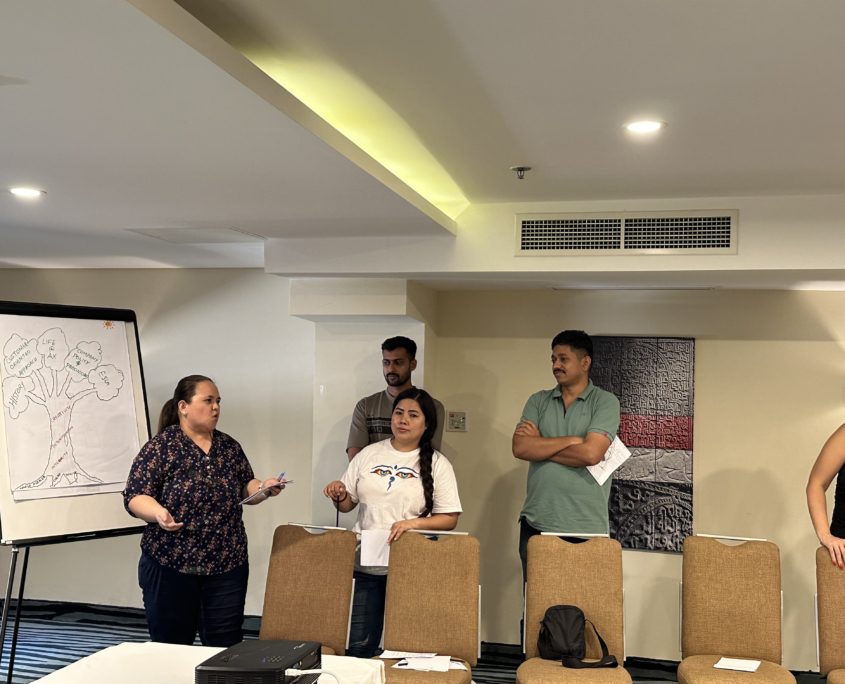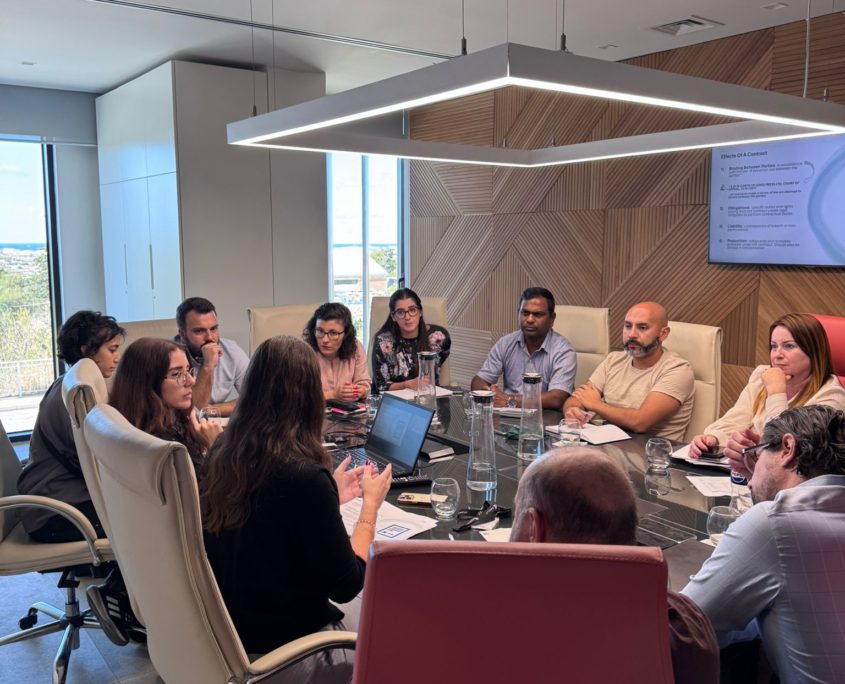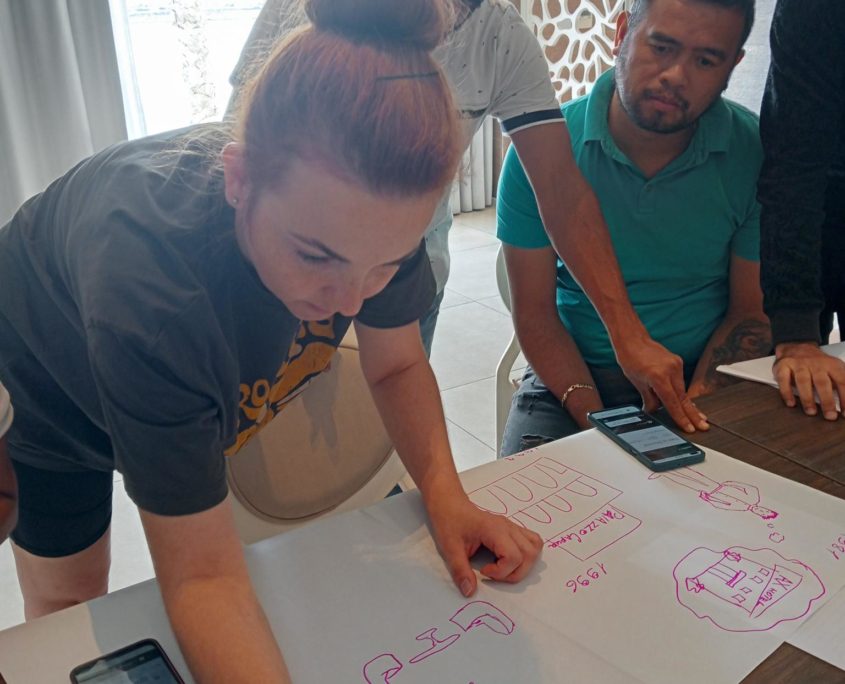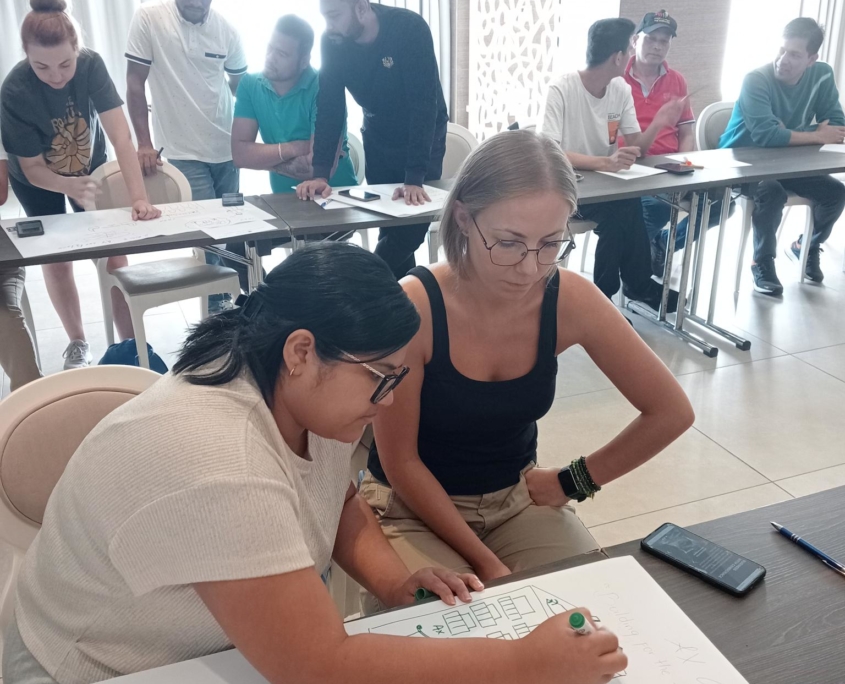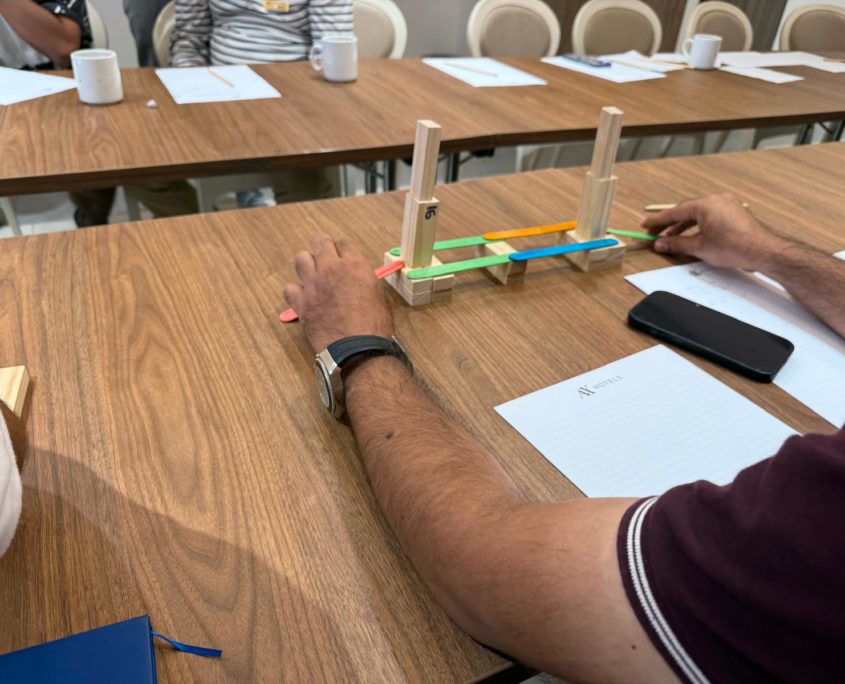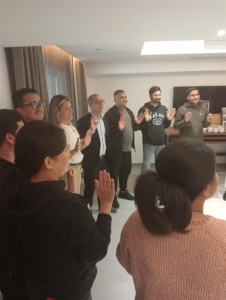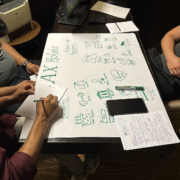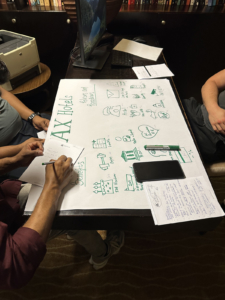Shaping Better Conversations: 5 Positive Language Tips to Transform Your Workday
Positive language is one of the simplest and most powerful tools we can use to improve daily interactions across all AX Group industries. Whether you interact with guests, residents, clients, communities, or your colleagues, the words you choose can shape the environment around you. They can ease stressful moments, build trust, and strengthen relationships, all in a matter of seconds.
Here are five practical tips that can help you communicate more effectively throughout your working day and beyond:
- Focus on what you can do
People feel more supported when they hear possibilities rather than limitations. It’s important to concentrate on solutions and opportunities instead of obstacles. Use phrases that show your willingness to address people’s concerns. This approach keeps conversations constructive and positively intentioned.
Tips & Tools: Try using “Let me check what I can do for you” or “Let’s explore the best option together” instead of “I can’t.”
- Use warm, professional phrases
Even small friendly expressions help create a welcoming experience, especially in service and care environments. Expressions of reassurance help build rapport and confidence.
Tips & Tools: Try simple phrases like “Of course,” “I’d be happy to help,” or “I’ll handle it.” Feel the difference?
- Rephrase negative phrases into positive ones
Small adjustments in wording can completely change how a message is received. It’s important to guide the conversation towards alternatives instead of focusing on what is not possible.
Tips & Tools: Say “What I can offer is…” instead of “This is not possible,” or “This is the next best step” instead of “There’s nothing I can do.”
- Show understanding before giving information
Show empathy by acknowledging emotions first. This helps reduce tension, if present, and encourages collaboration.
Tips & Tools: Start with “I understand your concern, let me look into it” before explaining the process or providing details.
- Keep your tone calm and supportive
Tone of voice often speaks louder than words. A calm, steady pace helps others feel secure, respected, and supported.
Tips & Tools: Speak calmly, smile, soften your facial expression, and take a breath before responding.
By practising these simple habits daily, you make communication smoother, more professional, more respectful, and more enjoyable for everyone. Through positive language, you create a better experience not only for those we serve but also for each other.
Interested in joining our team and benefiting from these valuable training opportunities at AX Academy? Here’s how:
- Explore our current job openings.
- Apply for the position that interests you.
- Navigate through our interview process.
- Secure your role and embark on a professional journey enriched with ongoing learning!





